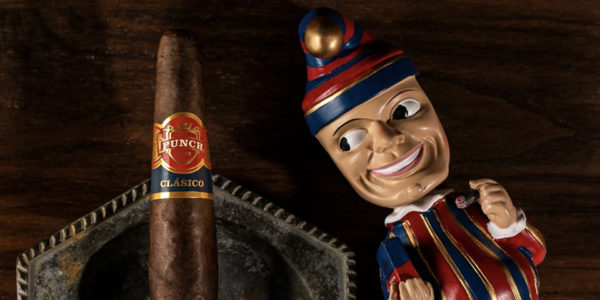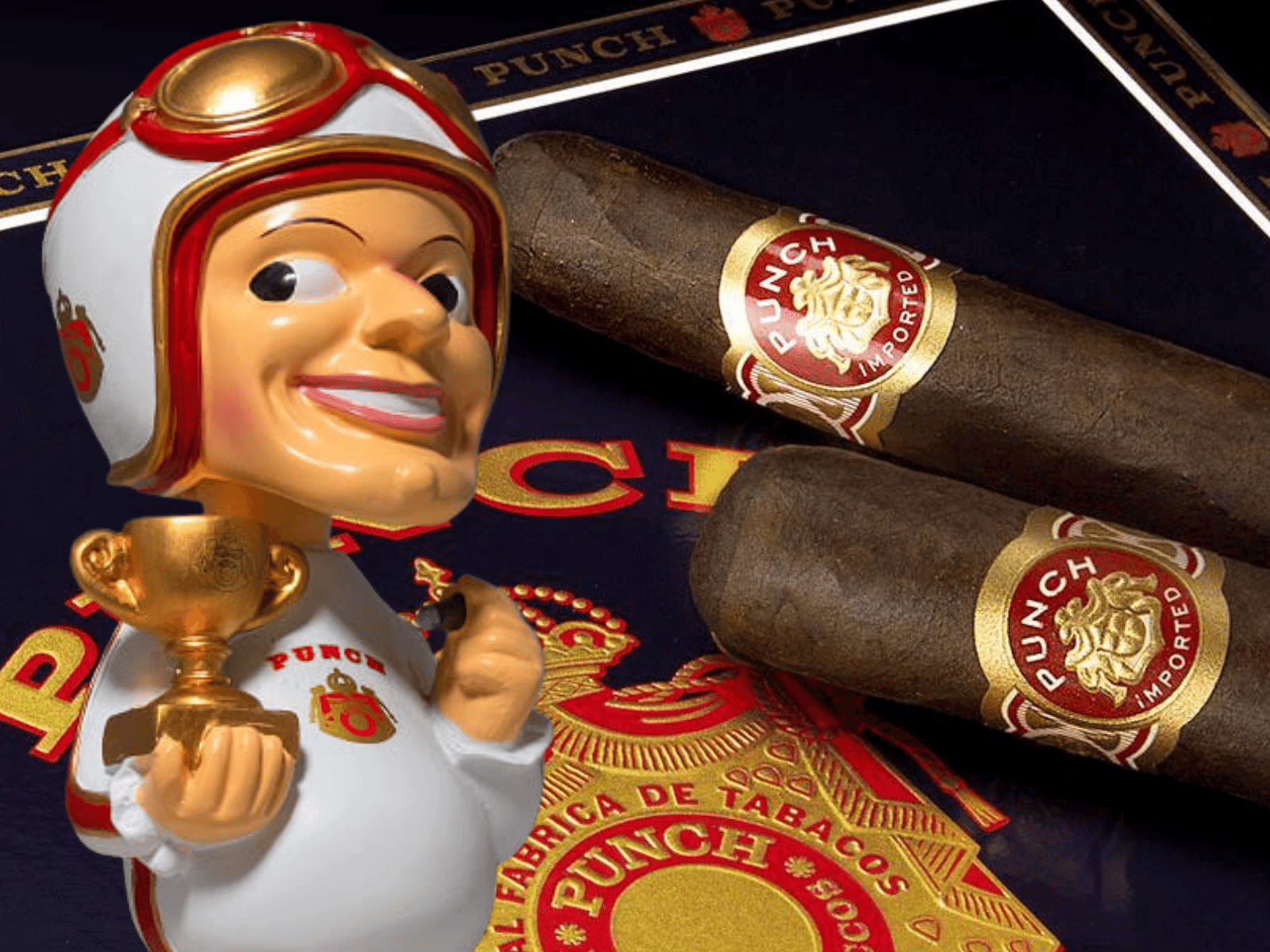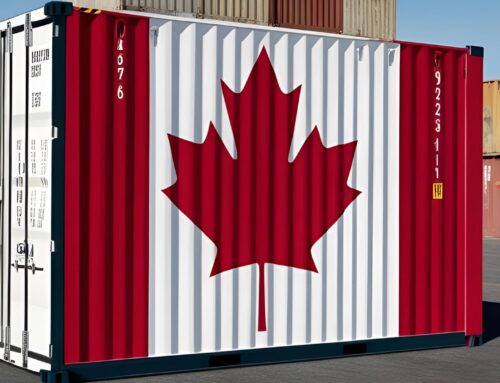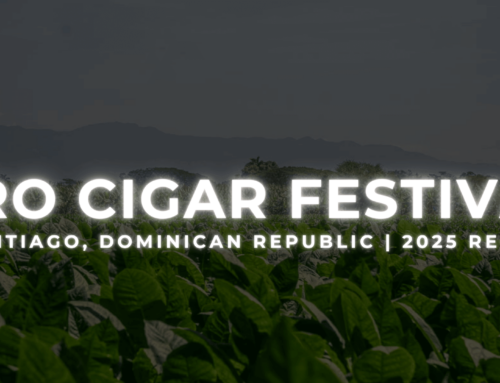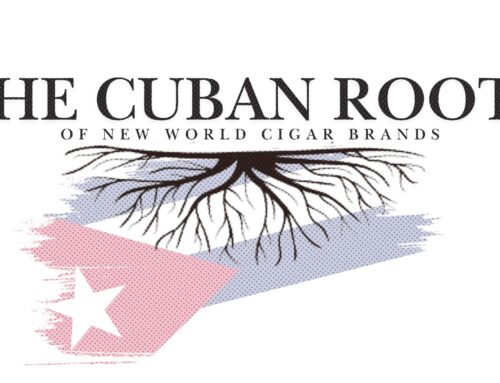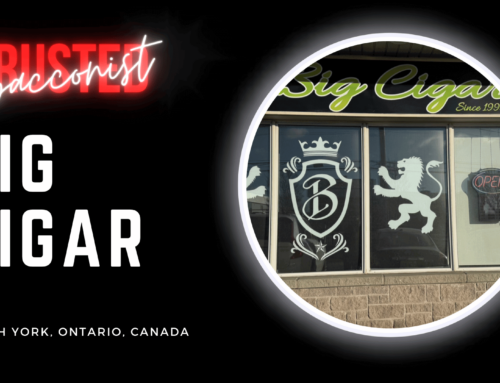Recently, Punch celebrated 180 years of cigar making.
Though the iconic brand has changed hands and evolved a great deal over the years, today it remains a very trusted and affordable name in premium tobacco and is made under General Cigar.
In Canada, Punch has been successfully distributed by House Of Horvath for nearly four decades.
In this piece, we’ll take a look at the iconic brand from it’s beginnings, to being the well-priced cigar of consistent quality that it is today.
A Puppet Brand
Punch got its upstart in the year 1840 by a German businessman named Stockmann and was named after a English puppet show character known as ‘Mr. Punch’ from Punch & Judy marionette shows. The Punch cigar brand garnered swift acclaim in Europe, especially in the United Kingdom.
The brand’s mascot Mr. Punch was a marionette puppet of Italian origin that first became popular in England in the late 1600’s.
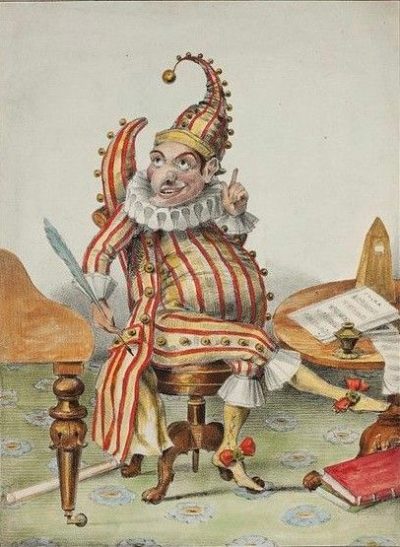
‘Mr. Punch’
In 1874, the brand was sold to Luis Corujo, then to sold again 10 years later to Manuel López Fernandez, (whose name can be still found on Cuban Punch bands and boxes). Around this time, Punch experienced a surge in popularity.
López retired in 1924 and sold to Esperanza Valle Comas who maintained ownership until the stock market crash of 1929, the year the Great Depression began. Financial hardships resulted in the company being sold again, this time in 1930 to Fernando Palicio y Cia where Punch began to be sold alongside the company’s other major Cuban brands, Belinda, La Escepción, and Hoyo de Monetrrey.
Punch Beyond The Embargo
With the Cuban embargo of the late 1960’s, Palacio fled for the United States to Florida and soon sold his line to Frank Llaneza and Dan Blumenthal of Villazon & Co. In Cuba, Punch became nationalized under the Castro regime and continued to be produced there under state control.
Utilizing their remaining reserves of Cuban tobacco, Villazon & Co. began making Punch in 1969 in Tampa, Florida alongside Belinda and Hoyo de Monterrey – primarily for the North American market. Shortly afterwards, they relocated to Honduras as their Tampa rollers were getting too old and there was a shortage of skilled rollers in the US. At the time, there was little to no factories in Honduras.
As the Cuban reserves diminished, Honduran and other tobaccos were slowly introduced into the blends.
In 1997 Villazon was sold to General Cigar Inc. who carried on the Punch tradition in Honduras.
Today, General Cigar is owned by Scandanavian Tobacco Group who continue to make Punch in the same factory in Honduras. Punch is a favorite among North American cigar smokers and has become recognized as an affordable cigar that embodies a smooth taste and a rich, full-bodied flavor, and effectively lives up to it’s ‘Punch’ name.
Punch cigars are manufactured with tobacco grown from Cuban seed in Honduras, the Dominican Republic, and Nicaragua.

To commemorate the 180th anniversary of the brand, General Cigar released the Punch 180th Anniversario Double Corona, which is limited to only 34,000 boxes of 10 cigars each.
As for Mr. Punch, he still serves as mascot for the brand, and can be found within a series of gyrating collectible bobblehead dolls.
